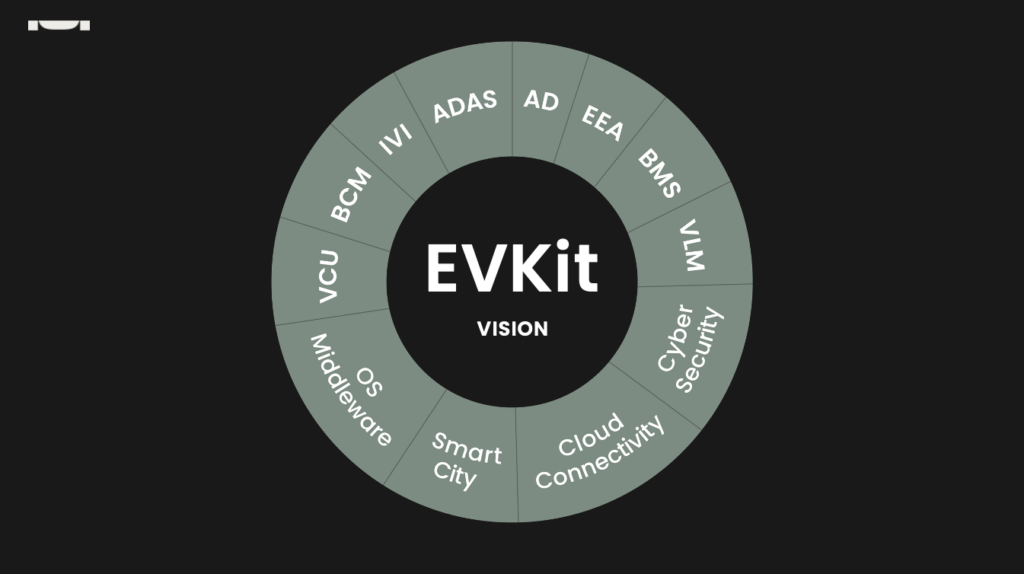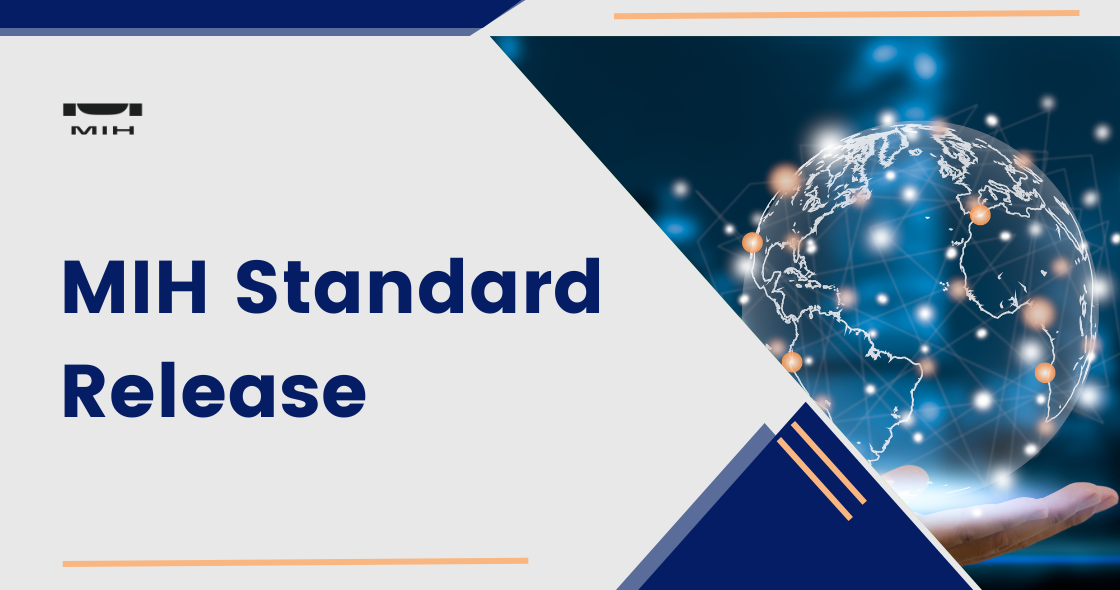The concept of a software-defined vehicle (SDV) became well known after the introduction of Tesla Model S in 2012. The SDV concept is a vehicle where features and functions can be enabled through software, reflecting the transformation of automotive from highly electromechanical device to intelligent, expandable and electronic ones that can be continuously upgraded. This SDV technology is necessary for OEMs to stay competitive as software becomes a bigger part of smart vehicles.
One of MIH’s focuses is to create an open EV platform (Open EV Platform) for SDV. To be software-defined, a vehicle needs to have a hardware abstraction layer (HAL) between the hardware platform (ie. rolling chassis or skateboard) and the software platform, so the software layer could ride on top of the HAL and define the whole vehicle as a complete system with software application programming interfaces (APIs). Future vehicle user experiences (UX) could then be defined and created through software applications. The software platform will be compatible to multiples skateboards and the skateboards could be replaced with newer generations. MIH community and ecosystem can continue the innovations based on the same platform without rebuilding the whole software, resulting in tremendous cost saving and development time reduction. MIH contributor members can participate in working groups to create standards and reference designs of Open EV Platform.
The Open EV Platform API can be adapted for mission-critical control or non-mission-critical control functions, which allows developers to provide and integrate the capabilities of various solutions by using common interfaces. After the development stage, the developers can go through module-in-the-loop (MiL), software-in-the-loop (SiL), hardware-in-the-loop (HiL), vehicle-in-the-loop (ViL), as well as closed field pre-verification and public road verification, to ensure the functional safety and real-time predictive reactions can be achieved. MIH also discusses and communicates with internationally renowned verification and compliance experts to assist in the unified testing and verification standards establishment.
The cybersecurity technologies and regulations related to electric vehicle are constantly evolving, such as R155, R156 defined by ISO21434 and UNECE, and ASPICE for Cybersecurity and so on. The secure transmission of data from electric vehicles, as well as the identity management of the vehicle and driver are essential elements of Open EV Platform design. Open EV Platform is developed with user-in-the-loop in mind, and data ownership consensus by user, based on secure by design and zero trust framework, plus we consider not only traditional information security vulnerability assessments, but also security threats from artificial intelligence modules derived from connected vehicles, such as object misdetection.

A software defined vehicle is no longer just a car, but a smart vehicle providing Mobility as a Service to allow users to define and customize different functions by their needs. More and more automotive software architecture and alliances have been established in recent years such as ARM’s SOAFEE and AUTOSAR. MIH Open EV Platform shares the same vision with these organizations but also include more on identity management and open marketplace core concept. MIH adheres to the original intention of neutrality and openness to build an ecosystem and we welcome collaboration with other communities to join MIH’s working groups to support and work together on creating standards and reference designs.
Soon, we will see participants in the automotive development lifecycle from firmware, software and supply chain players to embrace the possibilities of electric vehicle development through MIH Open EV Platform’s open API and its reference designs.
After the Lunar New Year, MIH will release the Open EV Platform v0.1 Drive-By Wire API on MIH’s Github and open to MIH contributor members to participate in discussions and exchange thoughts, stay tuned.

MIH Consortium
2024-08-30

MIH Consortium
2024-08-30

MIH Consortium
2024-08-30